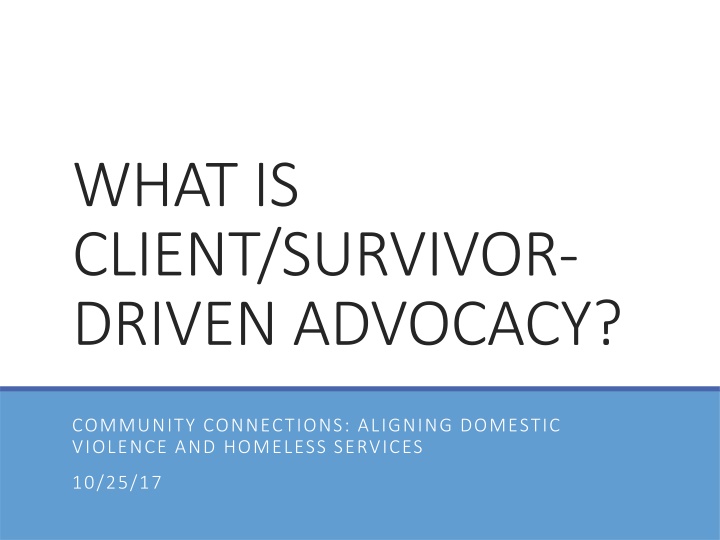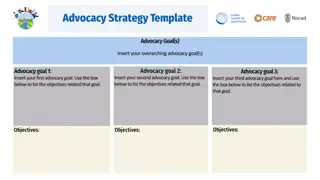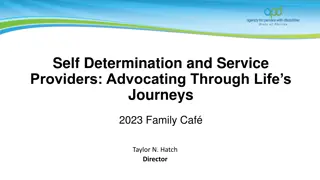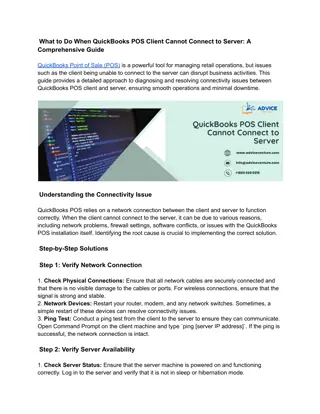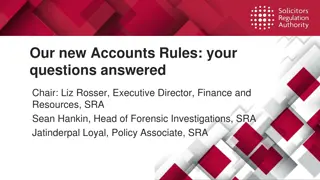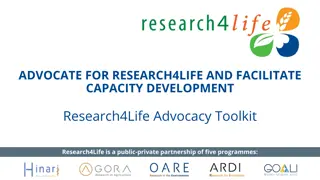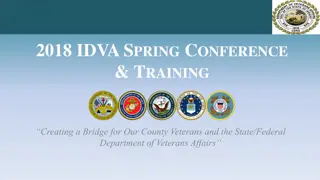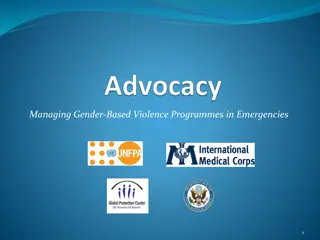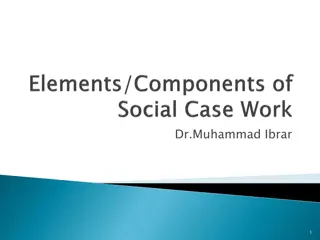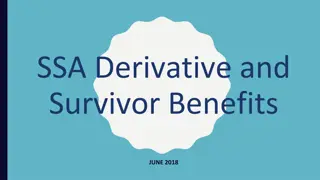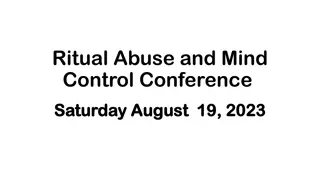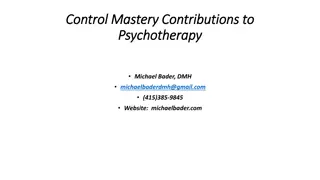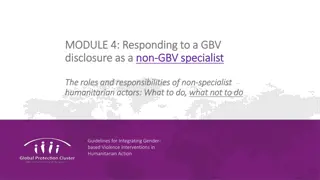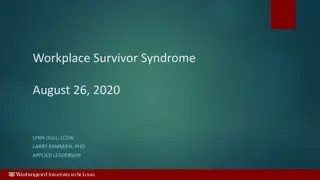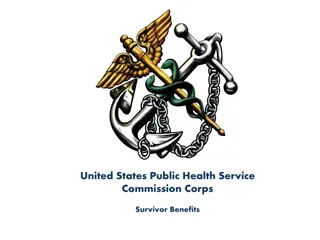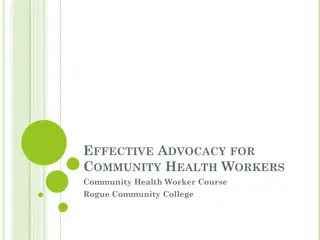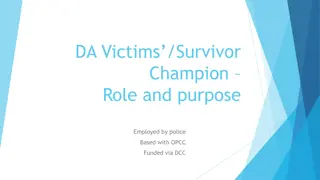Client/Survivor-Driven Advocacy: Community Connections
Discover the essence of client/survivor-driven advocacy in aligning domestic violence and homeless services. Explore the meaning, principles, barriers, and steps to overcome obstacles in this empowering approach. Learn about survivor-driven advocacy and essential skills of a good advocate.
Download Presentation

Please find below an Image/Link to download the presentation.
The content on the website is provided AS IS for your information and personal use only. It may not be sold, licensed, or shared on other websites without obtaining consent from the author.If you encounter any issues during the download, it is possible that the publisher has removed the file from their server.
You are allowed to download the files provided on this website for personal or commercial use, subject to the condition that they are used lawfully. All files are the property of their respective owners.
The content on the website is provided AS IS for your information and personal use only. It may not be sold, licensed, or shared on other websites without obtaining consent from the author.
E N D
Presentation Transcript
WHAT IS CLIENT/SURVIVOR- DRIVEN ADVOCACY? COMMUNITY CONNECTIONS: ALIGNING DOMESTIC VIOLENCE AND HOMELESS SERVICES 10/25/17
Outline What is advocacy? What do we mean by client/survivor driven? How does it work? What do you see as the barriers? What are the steps to get past barriers and do!? 2 10/25/2017 WSCADV
What is advocacy? Involvement of survivor with an advocate with primary focus of safety planning, empowerment, and education through the reinforcement of the survivor s autonomy and self- determination. Speaking and acting for change or justice with, or on behalf of, another person or cause.* *WAC 388-61a-0220 3 10/25/2017 WSCADV
Also Advocacy not only helps negotiate systems but also educates and advocates for survivors in systems. 10/25/2017 WSCADV 4
Survivor-Driven Advocacy Working flexibly and in the community with survivors. The process is led and defined by survivors, not the program or the advocate. Space and time for authentic connections between advocates and staff and for survivors to think and weigh options. 5 10/25/2017 WSCADV
Similar Models: Social Work Strengths Perspective Assesses and builds on strengths Clients more invested in process when they feel they are an integral part 6 10/25/2017 WSCADV
Similar Models: Mental Health Hope Nonlinear Strengths-based Peer support Self-direction Responsibility Holistic Individualized and person centered Empowerment Respect Recovery Model/ Wellness Model 7 7 10/25/2017 WSCADV
Qualities/Skills of a Good Advocate Respects confidentiality Good listener Open to change Has knowledge of resources Non- judgmental Passionate Honors commitments Resilient Love Patient 8 10/25/2017 WSCADV
6 Core Skills 9 10/25/2017 WSCADV
What does it mean to connect? We are wired for connection. But the key is that, in any given moment of it, it has to be real. -Brene Brown 10 10/25/2017 WSCADV
Implicit Bias Can be good or bad Activated without awareness or control Residing deep in subconscious Don t necessarily align with our beliefs Favors our in-group / tribe or rejects depending on our experience back to Limbic System Attitudes or stereotypes that affect our understanding, actions, and decisions in an unconscious manner 11 10/25/2017 WSCADV
US VS. THEM Explicit acts of exclusion for out-group to implicit acts of inclusion for in- group. 12 10/25/2017 WSCADV
MIND BUGS How we judge ourselves How we judge others How we judge social collectives 10/25/2017 WSCADV 13
Understanding Awareness of our privilege Always hold anti-oppression and liberation work close 14 10/25/2017 WSCADV
I am aware of the reality of oppression and how it dehumanizes everyone. I am no longer paralyzed. 15 10/25/2017 WSCADV
Skills are action Skills are action- -oriented: oriented: critical thinking critical thinking organizing organizing listening listening mentoring mentoring other other beneficiaries beneficiaries focusing on focusing on institutional institutional change and change and justice justice- -making making supporting targets supporting targets 16 10/25/2017 WSCADV
Trauma Stewardship Trauma-informed agency culture Prevent burn-out it s hard to authentically connect and advocate with someone when you re hurting 17 10/25/2017 WSCADV
Whats Next? Barriers you see for your agency? What will be your first step? 18 10/25/2017 WSCADV
Linda Olsen, MA, MSW Housing Project Director Washington State Coalition Against Domestic Violence linda@wscadv.org 206-389-2515 x 205 www.wscadv.org 19 10/25/2017 WSCADV
